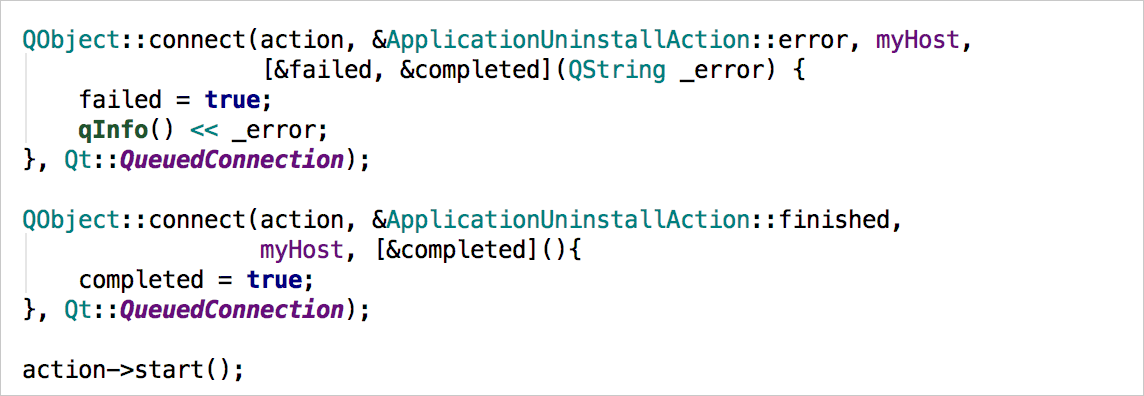Aaargh! AAA – Right Good and Hygenic--Stephen Kelly
Always auto? Almost!
Aaargh! AAA – Right Good and Hygenic
by Stephen Kelly
From the article:
The idea of almost-always-
autohas been around for a few years and has fairly divided the C++ community. The effective result is that concrete types appear rarely in code, and variables are declared as ‘auto’ instead....


